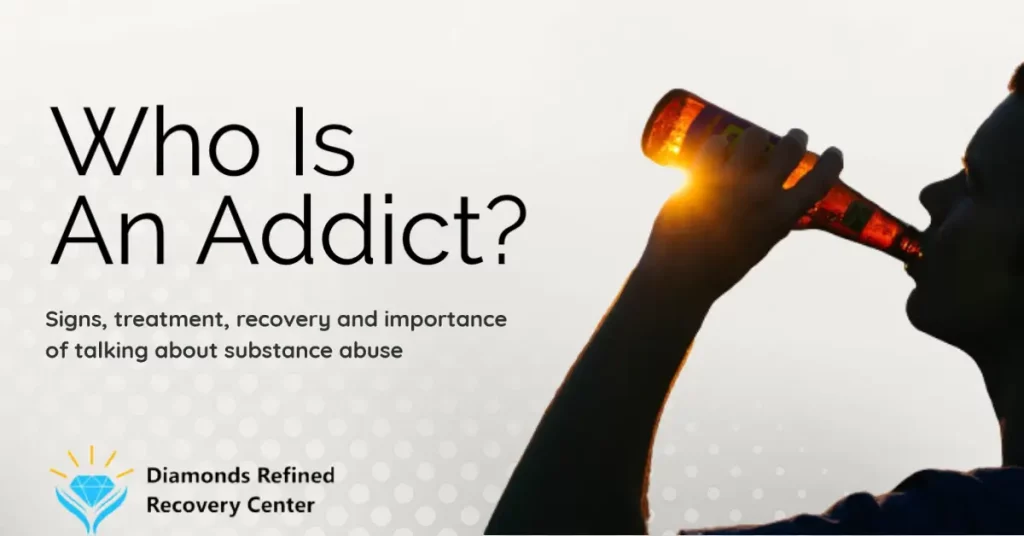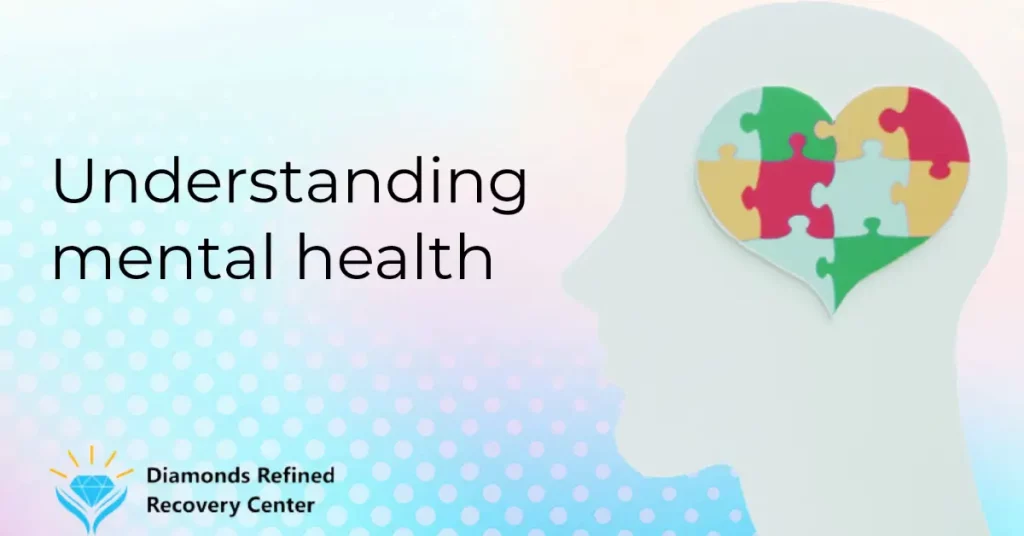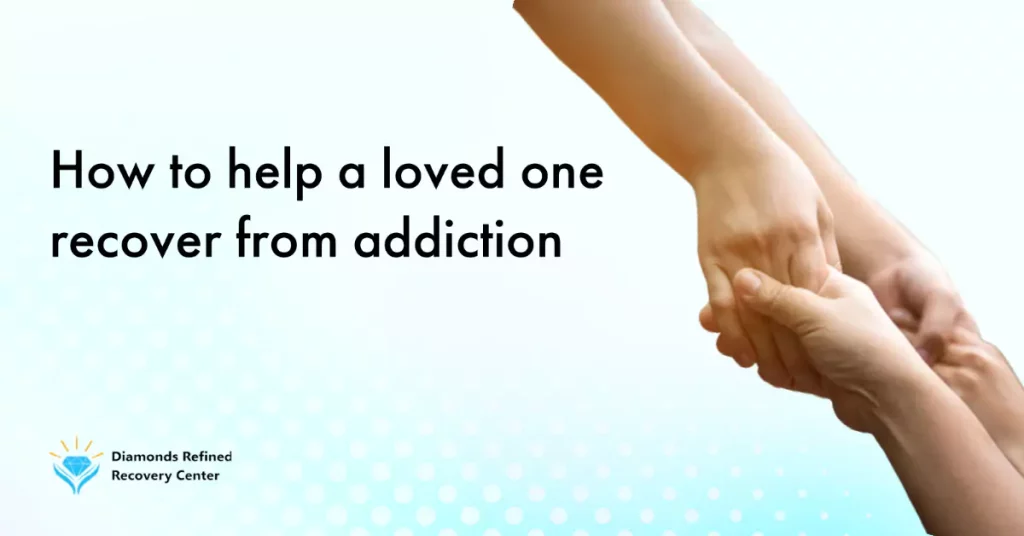Who is an addict?
Most of us have no hesitation in answering this question. We are aware! Our entire existence and thought was based on drugs in some form or the other, using, and finding them. We used to live and lived to use. Simply said, an addict is a person whose life is ruled by drugs, suffering from a chronic and progressive sickness with the same ultimate result: Prisons, Institutions, and the Death penalty
We are addicted when our usage of any mind-altering, mood-altering drug produces a problem in any aspect of our lives. Addiction is a disorder that entails more than just drug usage. Some of us think that our sickness existed prior to the first time we used it. We assumed we would be okay as long as we could stop utilizing it for a bit. We focused on stopping instead of using it.
We considered stopping less and less as our addiction worsened. We only asked ourselves, “Could it be the drugs?” out of desperation. We did not make the decision to become addicted. We have a disorder that manifests itself in anti-social ways, making identification, diagnosis, and treatment challenging.
Except for accessing, using, and discovering methods and means to get more, our condition separated us from people. We isolated ourselves from the outside world because we were hostile, resentful, self-centered, and self-seeking. Anything that wasn’t entirely familiar became strange and threatening.
Our world shrank, and we were isolated. We had to utilize it in order to survive. It was the only way we knew how to live. Some of us used, abused, and misused substances without ever considering ourselves addicted. “I can handle it,” we kept thinking to ourselves throughout. Our preconceived notions about the nature of addiction conjured up images of violence, street crime, filthy needles, and incarceration.
Why is It Important to Talk About Substance Abuse?
When our addiction was viewed as criminal or a moral failing, we rebelled and were forced farther into isolation. Some of the highs felt amazing, but the things we had to do to maintain our use finally mirrored desperation.
We were trapped in the clutches of our condition. We were obliged to survive in whatever manner possible. We manipulated people and attempted to exert control over everything around us. We cheated, lied, stole, and sold ourselves. We needed medications regardless of the expense. Failure and anxiety began to creep into our lives.
One component of our addiction was our incapacity to cope with life on its own terms. In an attempt to deal with an apparently hostile world, we experimented with medications and drug combinations. We fantasized about discovering a magical formula that would fix our ultimate dilemma – ourselves!
We couldn’t utilize any mind-altering or mood-altering substance, including marijuana or alcohol, successfully. Drugs no longer made us happy. At times, we were defensive about our addiction and rationalized our right to consume, especially when we had “legal prescriptions”.
We were proud of the often immoral and frequently odd conduct that characterized our use. We “forgot” about the times we sat alone in dread and self-pity. We developed a habit of selective thinking. We could only recall the “positive” drug encounters. We excused and rationalized what we had to do to avoid being ill or insane. We overlooked the times when it seemed like life was a nightmare. We hid the truth about our addiction.
Our drug usage had a significant impact on our mental and emotional capacities, such as conscience and the ability to love. Living abilities were reduced to that of an animal. Our morale had been shattered. The ability to feel human has been lost!
Similar may appear excessive, yet many of us have been in this situation. We were always looking for “the answer” – that person, location, or thing that would make everything better. We lacked the ability to function in daily life. Many of us found ourselves in and out of facilities as our addiction caught up with us.
These events suggest that something was amiss with our life. We wanted an easy way out, and several of us considered suicide. Our efforts were generally inadequate and simply added to our feelings of worthlessness. We were bound in the fantasy of “what if“, “if only” and “just one more time“. When we did seek aid, we were mostly searching for relief from discomfort. We’ve restored good physical health several times just to lose it again by utilizing it. Our track record demonstrates that we cannot use it successfully. Using drugs, no matter how well we appear to be in control, inevitably takes us to our knees.
Is Addiction a Curable Disorder?
Some of the commonly held beliefs and misconceptions about mental health are:
- People with mental health illnesses are dangerous, violent, and unpredictable.
- A person with a mental health condition has low intelligence.
- Teenagers do not have mental health issues. They just have mood swings due to their fluctuating hormones.
- People with mental health illnesses are dangerous, violent, and unpredictable.
- People with bipolar disorder are moody.
- A person with a mental health condition is weak. Such conditions would not affect strong people.
- People with mental health needs cannot keep and perform well in a job.
Is Addiction a Curable Disorder?
Addiction, like other incurable disorders, may be treated!
We believe that being an addict is not a disgrace if we embrace our situation honestly and take meaningful action.
We have no qualms about admitting that we are medication allergic. Going back to the source of our allergy would be foolish, according to common sense. Our experience suggests that medicine will not be able to “treat” our sickness. Although physical and mental tolerance play a role, many medications do not require prolonged usage to cause allergic responses.
What makes us addicted is our reaction, not how much we consume. We did not realize we had an issue until the drugs ran out. Even when others informed us we had a problem, we were persuaded that we were correct and the rest of the world was incorrect. This idea served as justification for our harmful actions.
We created a way of view that allowed us to pursue our addiction without regard for our own or others’ well-being. We realized the drugs were killing us long before we could tell anybody else. We discovered that we couldn’t quit utilizing it if we tried. We suspected we had lost control of the drugs and were powerless to stop them.
How Much is Good Enough!
As we continued to use it, certain things happened. We acclimate to an addict’s mental condition. We forget what it was like before we began using; we had forgotten the social graces. We developed odd habits and mannerisms. We lost how to work, how to play, how to express ourselves and show compassion for others.
We had forgotten how to feel. We were in another universe when using. We just had brief flashes of reality or self-awareness. We rushed about frantically attempting to get our lives in order before our next run. We could accomplish this quite successfully at times, but it became less important and more impossible as time passed.
We all have a few things we can say we never did. We cannot allow these things to become new justifications. Some of us feel lonely because of disagreements with other members, which makes it tough to let go of previous relationships and habits. We all have different pain tolerances. Some addicts need more drastic measures than others.
Some of us decided enough was enough when we discovered we were getting high too frequently and it was hurting our daily life. We were using it in a sociable or at least manageable manner at first, with no hint of the tragedy that lay ahead of us.
Our use became unrestrained and antisocial at some point. This started when things were going well and we were in circumstances where we could utilize regularly. Usually, this was the end of the good times. We may have attempted to restrict, substitute, or even discontinue use, but we moved from a condition of drugged success and well-being to spiritual, mental, and emotional bankruptcy.
What Could Be Some of the Effects of Drugs?
The term schizophrenia often refers to a spectrum of disorders characterized by psychotic features and other severe symptoms. These are highly complex conditions.
Schizophrenia typically develops between the ages of 16 and 30. The individual will have thoughts that appear fragmented and may also find it hard to process information.
Schizophrenia symptoms include delusions, thought disorders, hallucinations, withdrawal, lack of motivation, and a flat or inappropriate mood.
How Did We Begin Our Addiction?
We start treating our addiction by not using it. Many of us sought solutions but were unable to discover a viable solution until we met. Help becomes available if we recognize ourselves as addicted.
Every addict is a reflection of ourselves, and we are a reflection of them. This understanding enables us to assist one another. Our prospects were bleak until we met clean addicts eager to share with us. Our addiction had kept us unwell, and our honest admission allowed us to stop using. Narcotics Anonymous members told us they were recovered addicts who had learnt to live without narcotics. We could do it if they could.
Jails, institutions, dereliction, and death are the only choices for recovery. Unfortunately, our illness causes us to deny our addiction. If you are an addict, the Narcotic Anonymous programs can help you find a new way of life that you would not have been able to find otherwise. Throughout our rehabilitation, we have become really appreciative.




